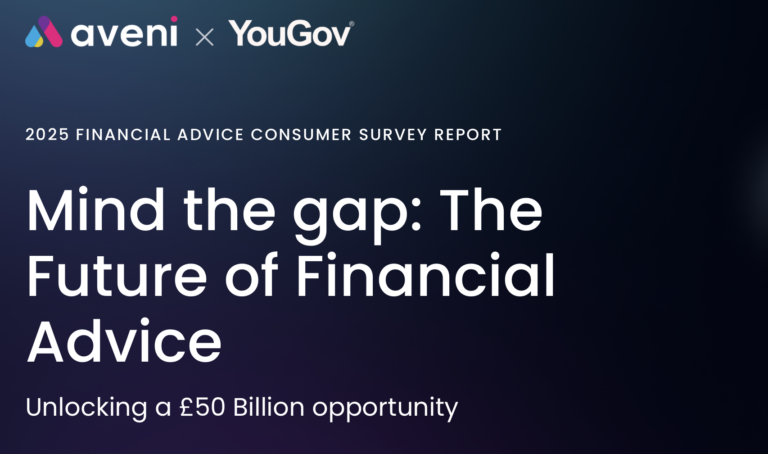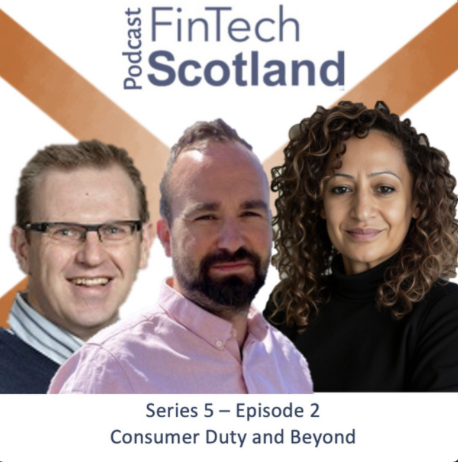Public Blockchains and the Unbanked

According to The World Bank, only 62% of the world’s adult population has a bank or other financial account. This means, nearly 2 billion people around the world do not have bank accounts.
According to the World Bank’s 2016 Findex Report, this is why financial inclusion is so crucial:
Financial inclusion has been broadly recognized as critical in reducing poverty and achieving inclusive economic growth. Financial inclusion is not an end in itself, but a means to an end””there is growing evidence that it has substantial benefits for individuals. Studies show that when people participate in the financial system, they are better able to start and expand businesses, invest in education, manage risk, and absorb financial shocks. Access to accounts and to savings and payment mechanisms increases savings, empowers women, and boosts productive investment and consumption. Access to credit also has positive effects on consumption””as well as on employment status and income and on some aspects of mental health and outlook. The benefits go beyond individuals. Greater access to financial services
for both individuals and firms may help reduce income inequality and accelerate economic growth.
Furthermore, there are some real challenges to providing this financial inclusion, especially in emerging markets -Many people lack access to financial services due to eitherprohibitive costs or barriers to their use, such as regulations that require extensive paperwork, travel distance, legal hurdles, or other market failures.
How can we, as an ecosystem, better serve a large percentage of these unbanked individuals? The answer is likely through the use of globally scalable, cloud- based APIs, in combination with decentralized blockchain. Let us examine.
Prohibitive Costs
Multiple studies have shown that it can cost over $1 (per minute in some cases) each time a call is made to a financial services call center. This is one of the major reasons for high minimum balances, strict account opening requirements, and high fees for most financial services in developing markets.
Account balances of less than $100 are unprofitable for the average financial institution. However, cloud based APIs and blockchain offer a solution to this issue.Via decentralisation, data, support, and analytics can be provided to customers instantly. Gone are call centers””instead replaced with intelligent FAQ, blockchain-trained AI, and mobile alerts.
Onerous Paperwork
The majority of the world’s financial institutions do not supportdigital customer onboarding. This is not only due to a lack of necessary infrastructure and APIs to do so, but also the high cost of performing KYC, legacy document signing frameworks, and security concerns when actions are not performed in person.
For many, gaining access to a financial institution means travelling long distances. As a result, hundreds of millions of people in rural areas are ostracized from the financial system.By integrating cloud-based APIs and the public blockchain into their systems, financial institutions can instead offer a digital onboarding process. In this scenario, because onboarding may be done conveniently and securely on a mobile device, a variety of financial products can be offered, such as banking, savings, investing, insurance and more, greatly increasing the inclusion of these underserved populations.
How do these technologies achieve this goal? By leveraging the power of U.S. cloud infrastructure, within local regulatory frameworks. In such environments, APIs can be deployed all over the world. Best of all, cloud-based APIs can potentially support any language, currency or financial institution.
What if any person around the world could have an immutable fingerprint, stored on the blockchain, and have it accessible through any API-based financial platform? They could use this fingerprint to open accounts, sign documents, and more. As long as this person has access to their mobile device, and the financial institution is using REST APIs, they are good to go, no matter where they live. No more KYC and AML costs, no more paperwork.The singularity of this ID is conceptually similar to a “Snowflake”, in that no two areexactly alike.We are in the midst of a second digital revolution; It is time for financial services incumbents to embrace this opportunity.
The author
Mike Kane is CEO of cloud-based fintech API company, Hydrogen. Hydrogen allows for the digitization of financial solutions. From core infrastructure and complex financial calculations to blockchain security, firms can begin with easy-to-implement solutions and phase in other features over time. Hydrogen began as a product offering of a consumer fintech company, Hedgeable. As there was overwhelming demand and potential for Hydrogen, the team decided to scale it outside of the strict confines of a consumer application.



